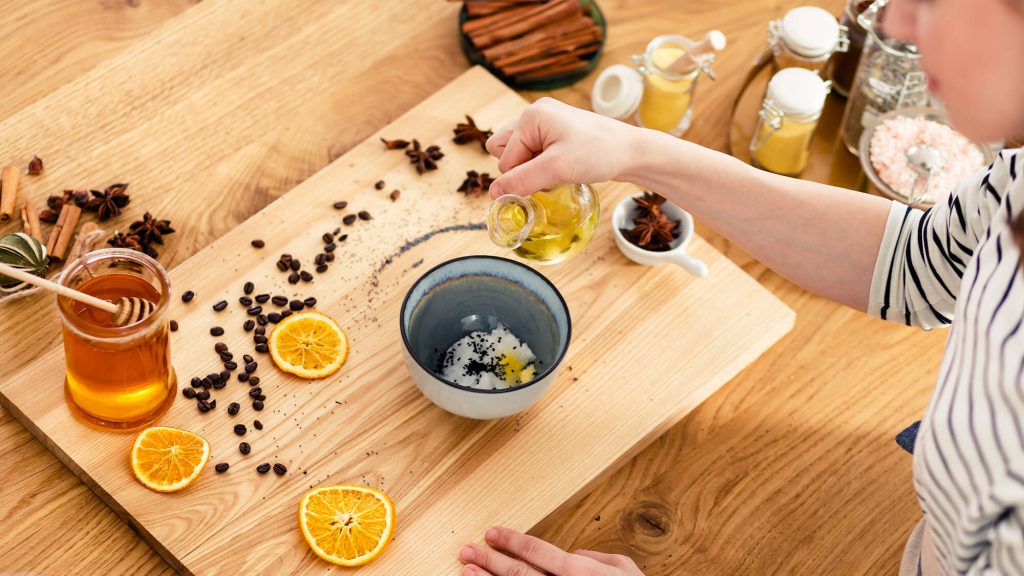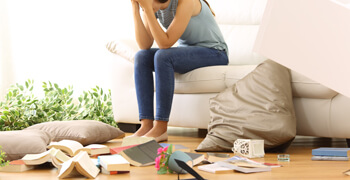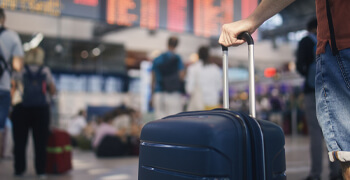Home > Blog > Home > Our tips for combating pollution
Our tips for combating pollution
Are you tired of hearing bad news about the environment? The damage we do to nature and to ourselves can be reduced by adopting some good habits. It is a personal commitment. Your neighbour may not do the same, but at least you will have tried to change things.
The term pollution covers a whole range of bad things, including air pollution, water pollution, soil pollution, etc. Plastic waste, chemicals and fossil fuels attract the most criticism. Let’s see what we can do as individuals to reduce our impact.

Do it Yourself
Adopting the motto “Make it rather than buy it” represents a real step forward. Using raw materials and transforming them yourself is a great way to reduce air pollution.
Mass production, packaging and the transportation of goods (back and forward many times) are directly responsible for industrial CO2 emissions, atmospheric pollutants and plastic waste.
Yet there are many things you can make yourself. And you often gain in other ways too – the result can be better, more rewarding or cheaper.
What can you make at home?
- Food is obviously a good start. Forget about ready meals and processed ingredients and buy fresh ingredients. If you have a suitable garden, you could go further by growing your own vegetables.
- Household products. Although brands would have us believe otherwise with their “improved formulas”, they are really simple to make. The easiest are washing-up liquid and detergent. Sometimes, you don’t even need to do anything. Concentrated vinegar, for example, is an excellent household product that does not require any preparation.
- Hygiene products such as shampoo, toothpaste, deodorant and lip balm can be homemade.
RRR!
Reuse, Recycle and Reduce. The aim of these three principles is to reduce waste. In practice, this means buying fewer useless objects, imagining a new life for some waste and taking other items to the recycling centre.
What can you do at home?
- Purchase products in more easily reusable containers, such as glass jars or solid plastic.
- Create a compost bin for peelings, leftovers and some other types of organic waste. This will also mean that you don’t need to buy fertilizer for your plants.
- Buy fewer disposable products. Thy are always expensive anyway.
- Always print on both sides. Paper is a heavy and common type of waste. You can halve it by adjusting a small printer setting.
- Use rechargeable batteries instead of disposable batteries. Great progress has been made and the latest NiMH and Lithium batteries have more power and discharge less quickly.
- Etc.


